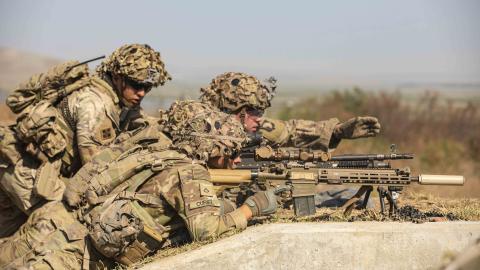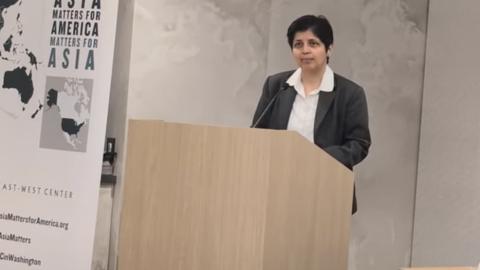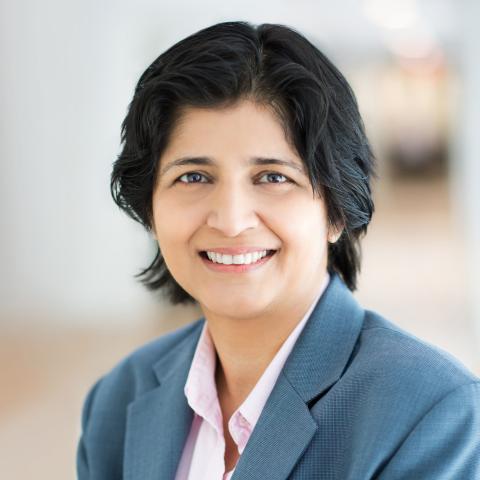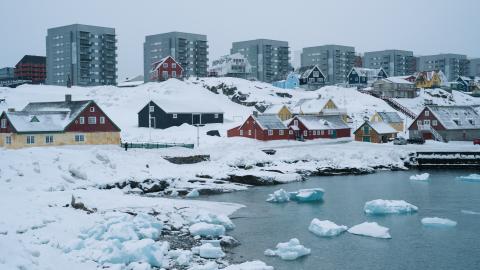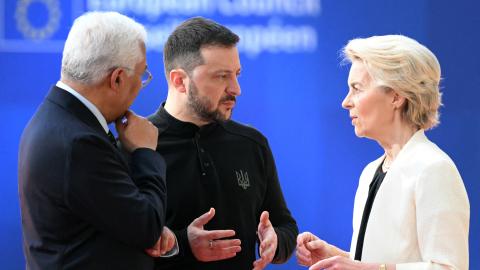
Japanese Security in an Uncertain Indo-Pacific
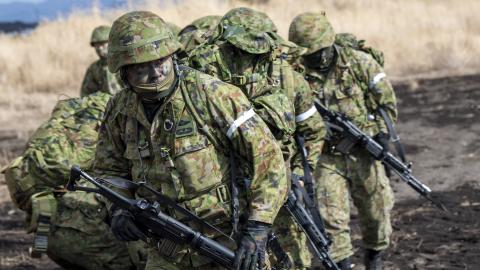

Join Senior Fellow Michael Doran, director of Hudson’s Center for Peace and Security in the Middle East, for an event with Bernard Haykel, a new Hudson senior fellow and a leading authority on Saudi Arabia’s political, societal, and religious landscape.
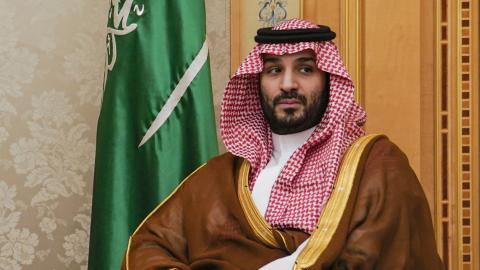

A panel of experts will discuss the future of Afghanistan and US interests in South and Central Asia.

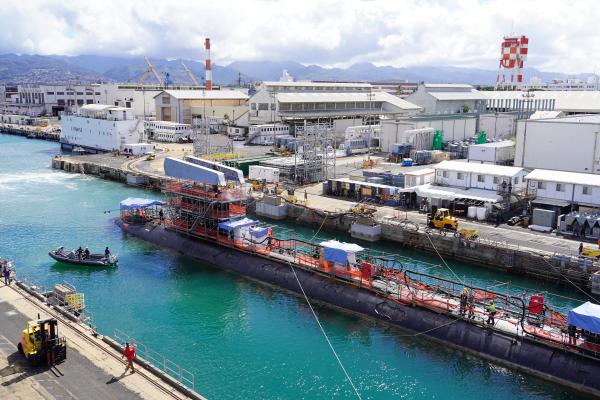
Hudson will welcome Senators Mark Kelly (D-AZ) and Todd Young (R-IN) to discuss their proposal to restore America’s shipping and shipbuilding industries to help deter Chinese aggression.
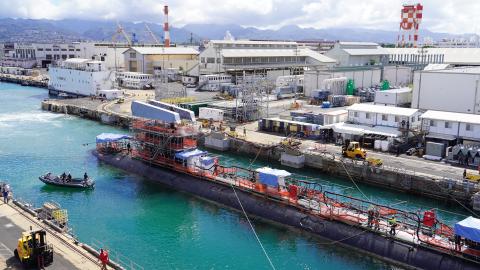

The Hudson Institute Political Studies Policy Certificate Program gathers talented early career professionals for advanced study of American foreign and domestic policy and national security, led by policy experts and experienced government officials.
